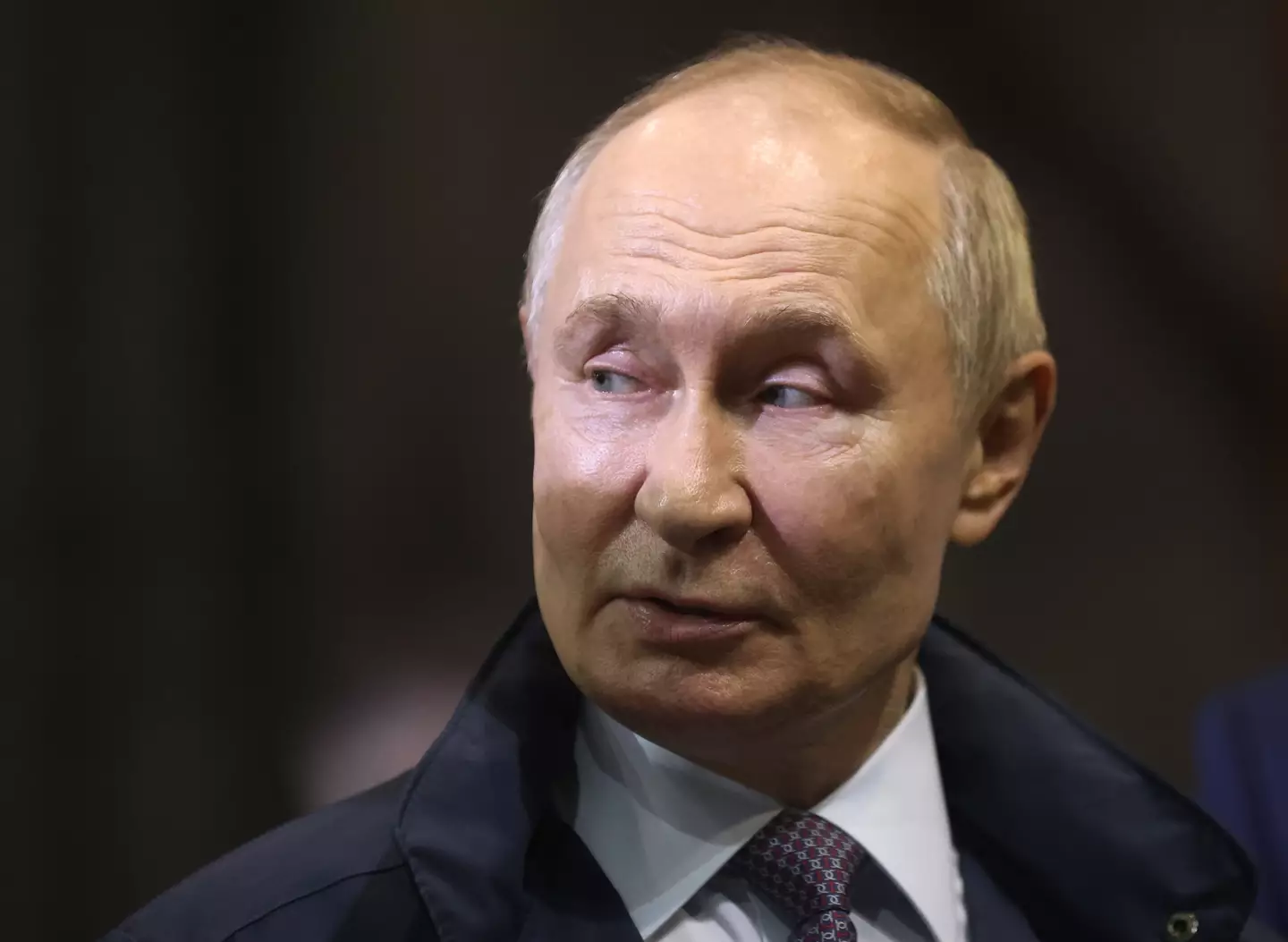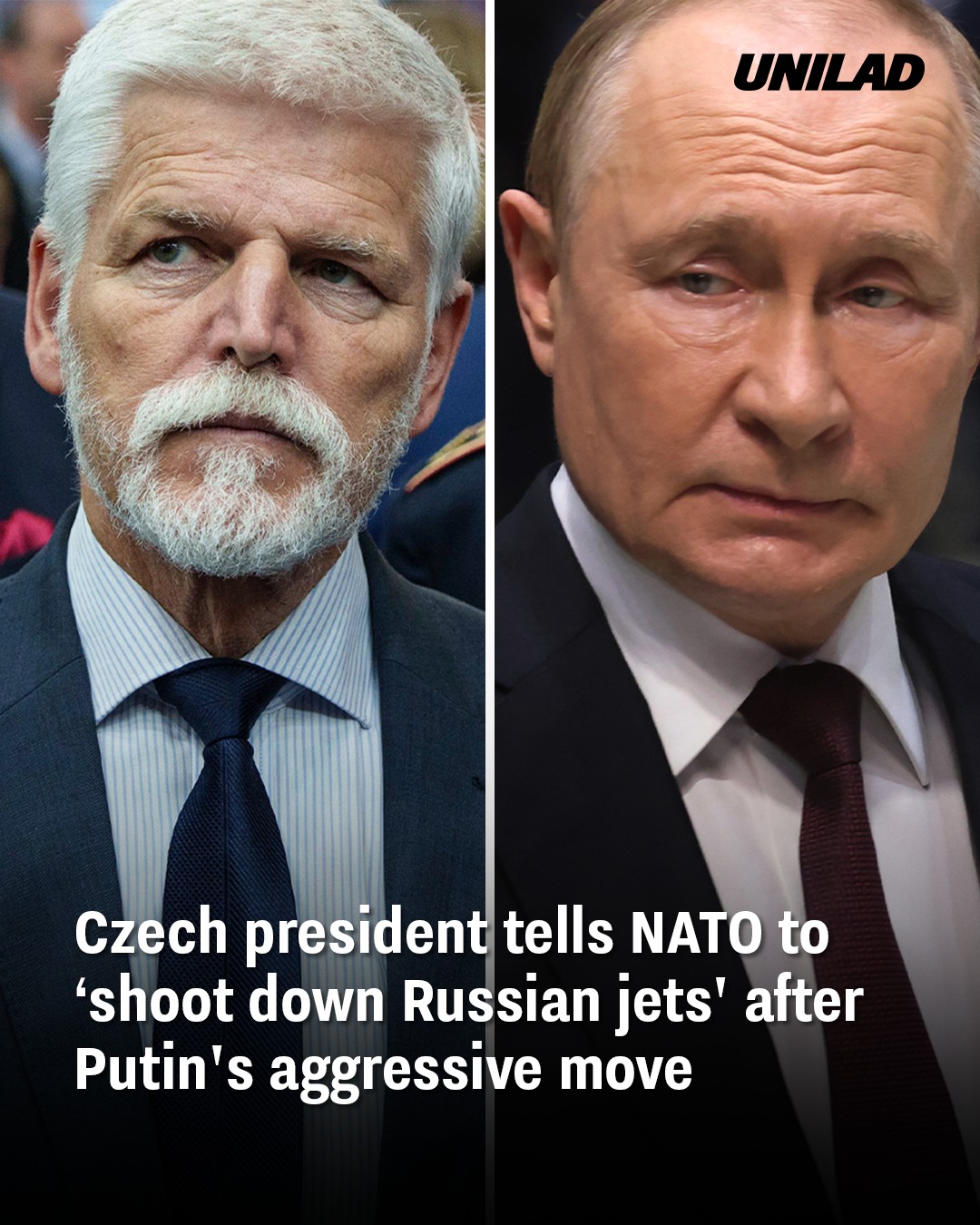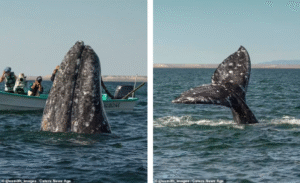In a bold statement, Petr Pavel, the president of the Czech Republic, has called on NATO to take decisive action in response to Russia’s recent aggressive moves. The call comes after a trio of Russian MiG-31 fighter jets reportedly violated Estonia’s airspace on September 19, just a week after Russian drones were found to have breached Polish airspace.
Growing Tensions in the Baltics
The violation of Estonia’s airspace has raised alarms across Europe. Estonian Foreign Minister Margus Tsahkna condemned the act, calling it “unprecedentedly brazen.” He pointed out that Russia has already violated Estonian airspace four times this year, making the latest intrusion even more concerning. Tsahkna urged for a strong political and economic response to Russia’s increasingly reckless actions, stating that it is unacceptable for Russia to continue testing the boundaries of international law.
In response, NATO officials described the incident as another example of Russia’s reckless behavior and reiterated the alliance’s ability to respond to such provocations.
Czech President’s Bold Statement
Amid these tensions, President Petr Pavel of the Czech Republic has made it clear that NATO should not shy away from taking strong action. Pavel has suggested that NATO forces should be ready to “shoot down Russian jets if necessary,” a statement that escalates the rhetoric around NATO’s potential involvement in defending European airspace.
Pavel’s comments followed a series of remarks from the Kremlin accusing NATO of being “at war with Russia.” Pavel emphasized that NATO’s response should be swift and firm, adding that Russia would quickly realize its mistakes if NATO acted decisively. “Unfortunately, this is teetering on the edge of conflict, but giving in to evil is simply not an option,” he declared, underscoring the importance of standing up to Russian aggression.

Putin’s aggression has reached new heights (Contributor/Getty Images)
EU’s Solidarity with Estonia
The situation has sparked a strong response from European leaders. Kaja Kallas, the EU’s foreign policy chief and former Estonian prime minister, took to social media to express her concerns. She described the violation of Estonia’s airspace as an “extremely dangerous provocation,” noting that it marked the third such violation of EU airspace in just a few days. Kallas emphasized the EU’s unwavering solidarity with Estonia and reaffirmed the bloc’s commitment to supporting its members in bolstering their defenses.
“We will continue to support our member states in strengthening their defenses with European resources,” she added. Kallas also warned that Putin was testing the West’s resolve and called for a united response. “We must not show weakness,” she urged.
Russian Denial and NATO’s Next Steps
Despite the evidence of airspace violations, Russia has denied any wrongdoing. Moscow insists that its jets were operating in neutral Baltic waters, not within Estonian airspace. This denial has done little to quell the growing concerns in Europe, as the region braces for what many fear could be a more significant escalation in tensions.
In the wake of these provocations, Poland has formally requested NATO invoke Article 4 of the North Atlantic Treaty. Article 4 allows NATO members to consult together when they believe their territorial integrity, political independence, or security is under threat. Poland’s move highlights the increasing anxiety among NATO members regarding Russia’s growing assertiveness.
International Reactions
The ongoing airspace violations have also garnered attention from political figures outside of Europe. Former U.S. President Donald Trump weighed in on the situation, expressing concerns about the potential consequences of Russia’s actions. “I don’t love it. I don’t like it when that happens. It could be big trouble,” he commented, reflecting the gravity of the situation and the possibility of broader conflict.
The violation of airspace by Russian jets is the latest in a series of incidents that have tested the patience and resolve of NATO and the European Union. With the world closely watching, it remains to be seen how NATO will respond to these provocations and whether further escalation will occur.
The Path Forward for NATO
As the situation in Eastern Europe continues to unfold, NATO faces a delicate balancing act. On one hand, the alliance must defend the integrity of its member states and maintain the stability of the region. On the other, it must avoid direct military conflict with Russia, a nuclear power, that could have far-reaching consequences.
NATO’s response to Russia’s actions will set the tone for future interactions with the Kremlin and could influence the broader geopolitical landscape. As tensions rise, the need for diplomatic engagement, combined with a firm stance on territorial integrity, is more important than ever.
For more insight into the evolving global situation, check out the following articles:
- Man Loses 360 Pounds Naturally: Internet Rallies to Support His Next Step
- Tammy Hembrow’s Bikini Photos Are Stirring Controversy: Here’s Why Everyone’s Talking
As the international community closely watches, it is clear that the stakes are high, and the response from NATO and the EU will play a crucial role in shaping the future of European security.


